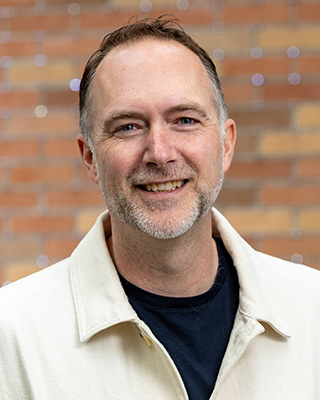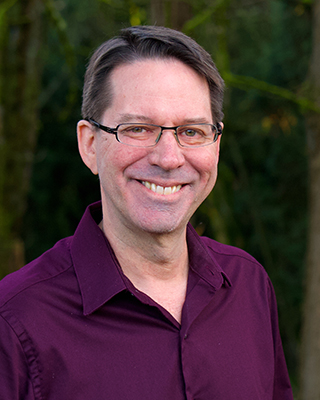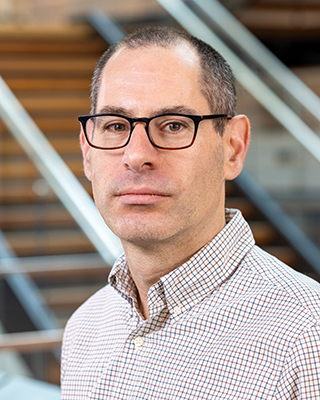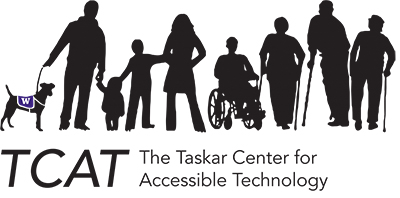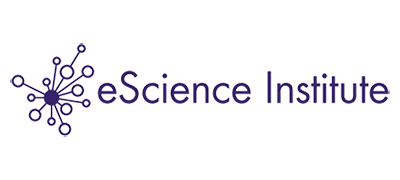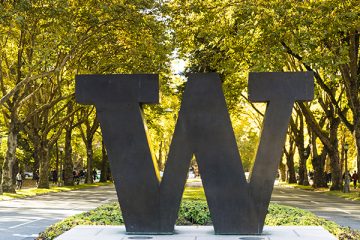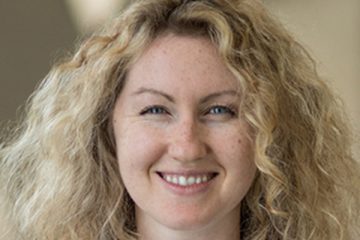Our work in human-centered computing explores and enhances the ways in which people and communities engage with and experience technology.
Our research considers the personal, educational, cultural, and ethical implications of innovation. Drawing upon techniques from human-computer interaction, learning sciences, sensing and more, we aim to maximize the potential benefits of technology while minimizing potential harms to individuals, groups and society.
Groups & Labs

Security and Privacy Research Lab
The Security and Privacy Research Lab works on a variety of topics, ranging from studying and addressing security and privacy risks in existing technologies, to anticipating future risks in emerging technologies.
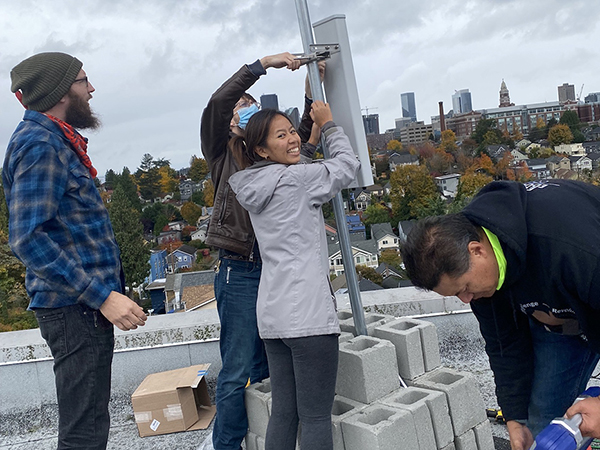
Information and Communication Technology for Development (ICTD) Lab
The ICTD Lab explores how technology can improve the lives of underserved populations in low-income regions through research spanning HCI, systems, communication and data analytics.
Faculty Members
Centers & Initiatives
TCAT harnesses the power of open-source technology to develop, translate, and deploy accessible technologies, and then sustain them in the hands of communities. Housed by the Paul G. Allen School for Computer Science & Engineering, TCAT centers the experience of people with disabilities as a lens for improving design & engineering, through participatory design practices, tooling and capacity building.
The eScience Institute empowers researchers and students in all fields to answer fundamental questions through the use of large, complex, and noisy data. As the hub of data-intensive discovery on campus, we lead a community of innovators in the techniques, technologies, and best practices of data science and the fields that depend on them.
Highlights
UW Graduate School
Allen School News
Allen School News

